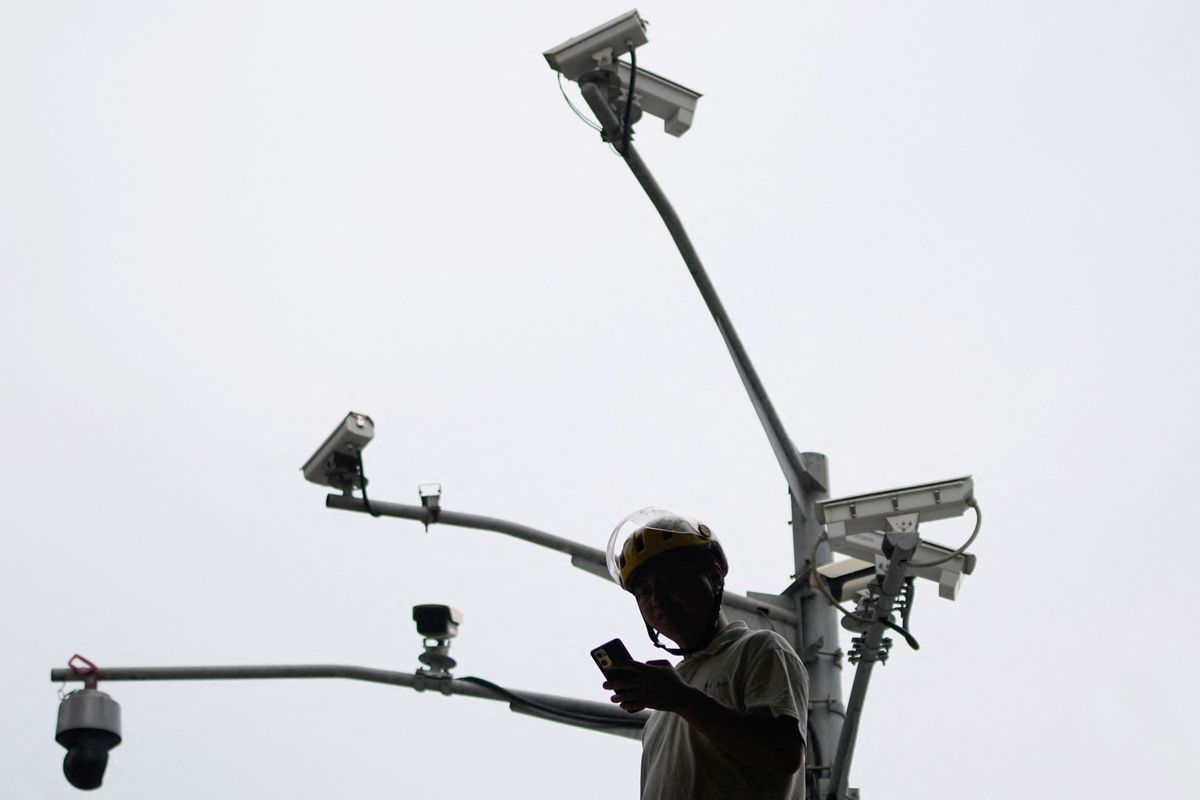China and facial recognition technology
With technology growing so quickly, governments and businesses alike have the ability to collect and gather data from images of people’s faces.

A few minutes every morning is all you need.
Stay up to date on the world's Headlines and Human Stories. It's fun, it's factual, it's fluff-free.
With technology growing so quickly, governments and businesses alike have the ability to collect and gather data from images of people’s faces. Facial recognition technology can be used for a lot of different purposes, but many people consider it a violation of personal privacy. As artificial intelligence (AI) becomes more integrated into different systems, facial recognition could take on even more steam. And biometric identification, especially facial recognition, has spread all over China.
Last month, the Cyberspace Administration of China (CAC) released a draft of new regulations for the use of facial recognition systems when it comes to commercial purposes. “If there are non-biometric verification technology for achieving a similar purpose or business requirements, those non-biometric verification methods should be preferred,” the draft said, translated into English by CNBC.
Basically, the regulations say a person’s facial “data” can’t be taken by businesses if there are other ways of gathering the info they need. If a company does have a specific need for using facial recognition, it would have to get consent before using it on any person. So, a person could still opt out of having their data collected in this way. This could mean lower demand for surveillance cameras and an adjustment to apps that would have to shift how they use face-based identification.
“If enforced, it would cool the proliferation of biometric gadgetry outside security contexts,” explains Graham Webster, a research scholar who heads the Stanford University-based DigiChina Project.
Both the EU and US are on the same road, trying to limit how businesses gather info from facial recognition. In Europe, legislators are also drafting a law on AI, trying to ban the use of real-time facial recognition in public spaces by police and security forces.
But, in China, government agencies would still have access to facial recognition tech. Consent wouldn’t be required for government collection and use. According to the draft, image collection and identification systems in public places should be used to maintain public safety.




Comments ()